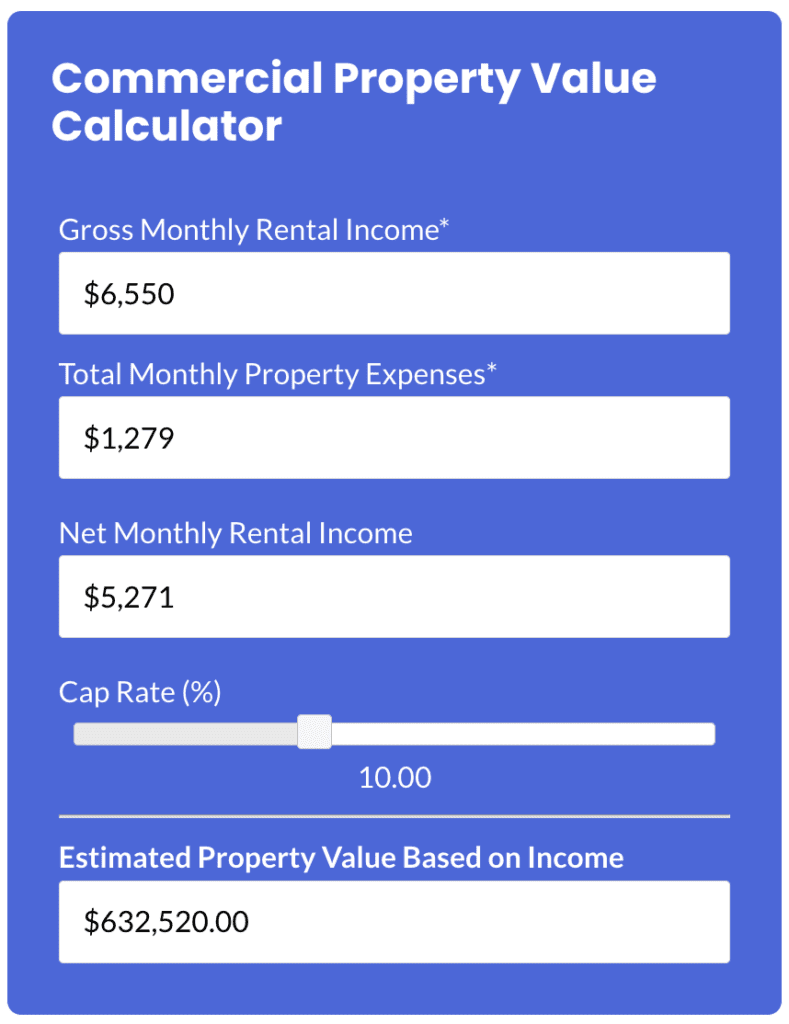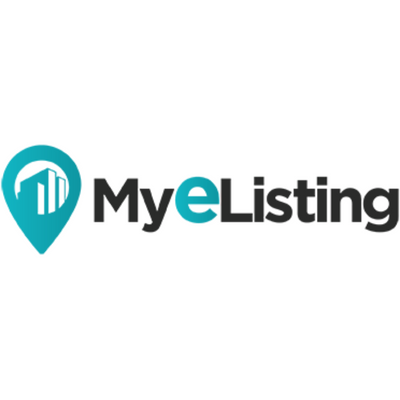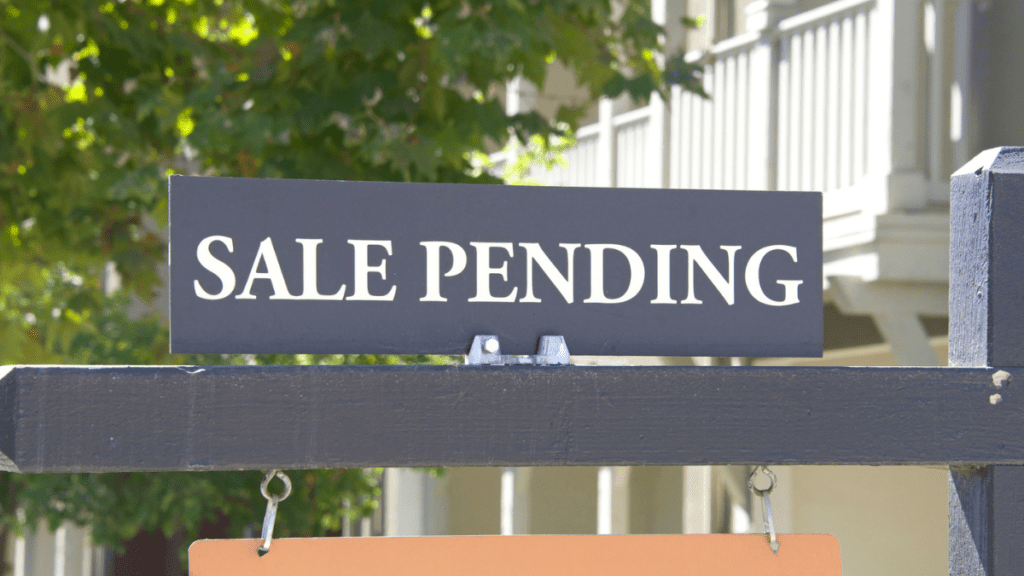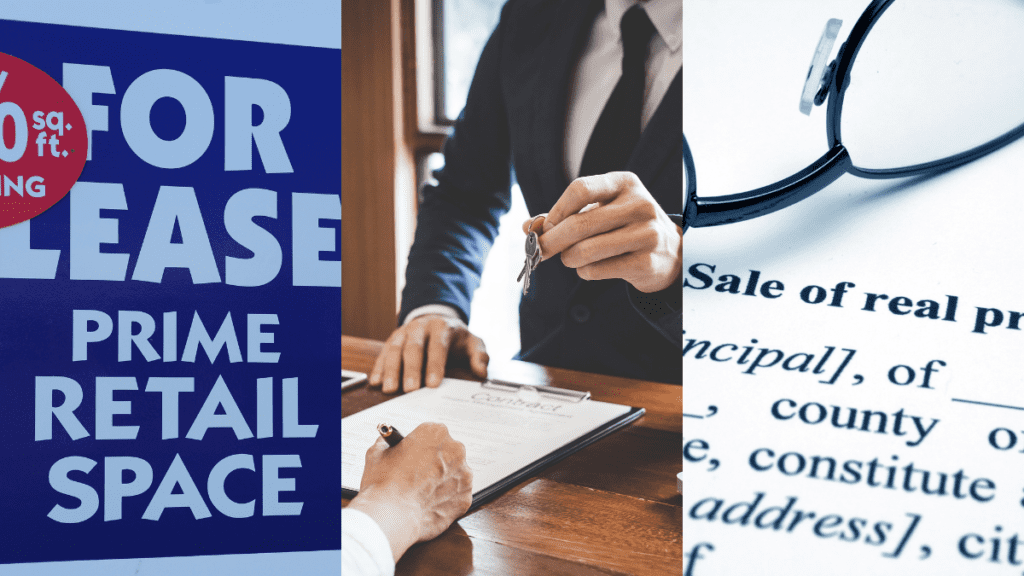Last Updated: January 2024
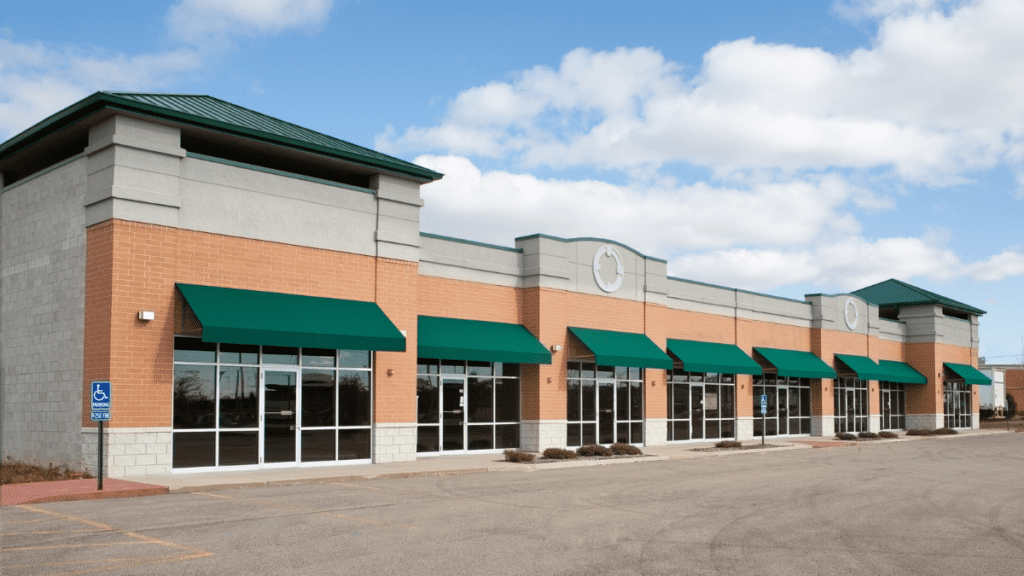
Selling a commercial property involves a comprehensive understanding of the property’s local commercial real estate market, as well as overall commercial real estate sales principles. It requires effective marketing strategies tailored to attract the right investors or businesses, highlighting the property’s unique features and potential for return on investment.
16 Steps – How to Sell a Commercial Property?
There can be many reasons to sell a commercial property. Maybe you want to continue building your rental real estate empire with bigger properties, or simply want to cash out the equity for other reasons. Below are 16 steps to help sellers navigate the process of how to sell a commercial rental property:
1. Define Goal of Sale
If you have been fortunate enough to own commercial real estate, selling the property will require a plan on what to do with the proceeds. Consulting with related professionals such as a commercial real estate agent and tax professional, can sometimes help with guidance in the right direction.
2. (Optional/Recommended) Hire a Real Estate Agent
A good real estate agent associated with a reputable brokerage can net you far more than their commission when selling a property. Their market knowledge and negotiating skills to help overcome any inevitable challenges that arise in the selling process.
3. (Optional) Don’t Hire a Real Estate Agent
Alternatively, you can try to go the for sale by owner (FSBO) route by trying to sell yourself or instant cash offer service. These alternative approaches either require additional effort on your part, or the acceptance of potentially selling the property at a discount in exchange for a faster and hassle-free experience.
4. Determine the Property’s Value
Determine a fair asking price based on the property’s value and comparable sales in the area. A real estate agent can usually help determine this through other comparable sales data, or you can consider hiring an appraiser for an additional fee.
5. Consider Tax Implications
Consult with a tax professional to determine any tax liabilities associated with the sale of the rental property and to explore potential tax benefits.
6. Check Local Tenant Laws
New buyers may want the property vacant or a particular tenant out. Be sure to check local landlord-tenant laws to understand what is allowed, not allowed, and may be required to relocate commercial real estate tenants.
7. Decide on a Selling Strategy
Determine whether to sell the property as-is or make any necessary repairs or upgrades before listing.
8. Prepare the Property For Sale
Gather all lease agreements, make any necessary repairs and give the property some curb appeal to attract potential buyers. Commercial lenders usually want to see historical property financial statements for the property, so be prepared to provide them when asked.
9. List the Property
Your real estate agent should advertise the property through multiple channels, such as online real estate websites, social media, colleagues, neighboring property owners, and investor networks.
10. Show the Property
Commercial real estate showings are a little different than residential. Your real estate agent will schedule private showings as requested from credible buyers who are typically also represented by a real estate agent.
11. Receive and Review Offers
Review offers and negotiate terms with potential buyers until you reach a mutually agreeable price. There may be multiple back-and-forths of counter offers until a final agreement is reached.
12. Enter Into a Contract
Once you have accepted an offer, enter into a legally binding contract with the buyer.
13. Escrow & Contingencies
Once there is an agreed upon contract, both buyer and seller go into escrow which can usually be 30 days or longer which allows for sufficient time to order an appraisal, complete a title search, and work through a series of administrative requirements including satisfying loan approval conditions. During this period, the buyer will usually have to submit deposit monies and there may be contingencies that need to be met in order for the sale process to continue, such as buyer to secure property financing or a clean environmental assessment.
14. Environmental Assessment
The buyer usually orders an environmental site assessment that involves a licensed professional to come out to the property to perform a physical inspection of the likelihood for contamination. These can be called a Phase 1, Phase 2 or Phase 3. Note that these are often a requirement to secure a commercial loan.
15. Close the Sale
Complete any final repairs or preparations, transfer ownership to the buyer, and receive payment for the property.
16. Use of Sale Proceeds
Selling a property can net you a large amount of capital if there is equity in the property. It is best to have a plan ahead of time of what you plan to do with the money, before it hits your bank account. Maybe consider a 1031 exchange if you still plan to keep growing your rental property portfolio.
The #1 Rental Property Newsletter
Once a month, we send out an exclusive Rental Property Market Update with top stories, current mortgage rates, building products, and more. No spam and unsubscribe anytime.


Try Our Commercial Property Valuation Calculator →
100% Free – No Sign Up Required
Where to Sell a Commercial Property Online?
Commercial real estate buyers predominantly start their search almost exclusively online. Online real estate listing websites have millions of listings with properties available to buy, sell, or lease. When selling commercial real estate, you will want to make sure that your property is on a listing website for commercial properties for sale. These websites are typically free for buyers and renters to browse, but most charge the property owner a fee to list their property on the site. If you are working with a commercial real estate agent, they usually syndicate your listing across many platforms at no charge to you.
Commercial Real Estate Agents


When selling a piece of commercial real estate such as an office building or industrial property, it’s important to find an agent with experience in commercial investment property sales. A good commercial real estate agent (also called a Broker) should be able to provide guidance on pricing the property, market it effectively, and favorably negotiate the terms of the sale with potential buyers to your benefit.
Commercial Sales Companies
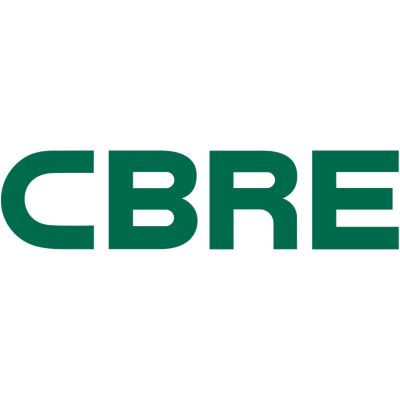











The agents that facilitate commercial real estate sales are usually associated with a particular larger company called a brokerage. Real estate brokerages hold individual agent’s licenses and provide them with access to resources and training through their shared networks. Commercial real estate brokerages can range from local small multi-person companies, to multinational brands with thousands of agents. There are also specialized brokerages who focus solely on specific types of commercial properties such as industrial warehouses or retail shopping centers. Much like choosing a brand of car or associating with a favorite sports team, real estate agents carefully select their brokerage to help maximize their growth and sales potential.
About the Author


Ryan Nelson
I’m an investor, real estate developer, and property manager with hands-on experience in all types of real estate from single family homes up to hundreds of thousands of square feet of commercial real estate. RentalRealEstate is my mission to create the ultimate real estate investor platform for expert resources, reviews and tools. Learn more about my story.

